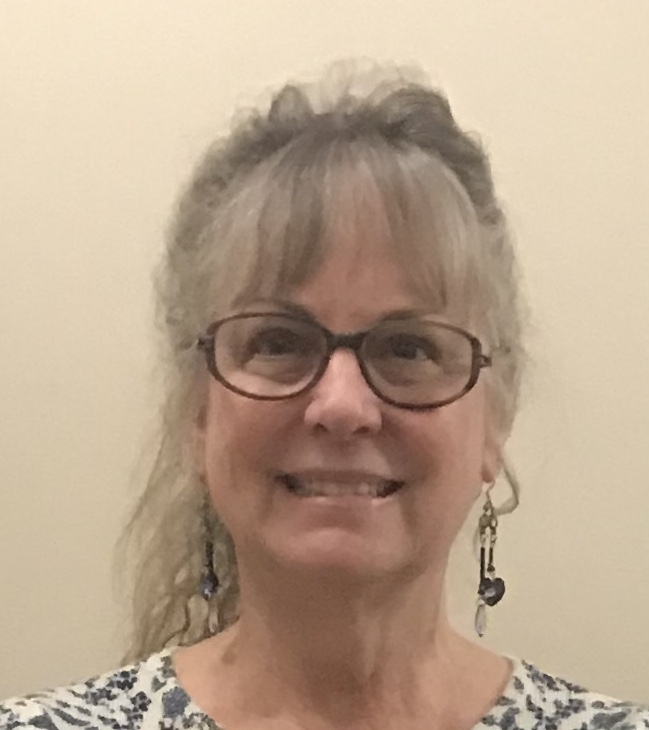Daughterness
- Patricia

- Feb 5, 2025
- 2 min read

The woman my son’s married to is my daughter-in-law. I sometimes refer to her as my daughter-out-law because of her strong inclination to being playfully mischievous (she’s always up for fun but never down on kindness). I can count on her to be there for me, whenever, whatever. We talk most days on our iPhones, often during her walks, and text whenever necessary or just to exchange photos, ideas, information. She fills in many of the cracks and gaps I experience as a gently aging, living-alone woman. We talk about health issues, both hers and mine; we talk about “girly” stuff (what to wear to my granddaughter’s wedding); we talk about family; we talk about politics; we talk about the universe. Basically, we can talk about anything.
Though she’s not blood-related, her daughterness places her squarely next-of-kin to me in ways for which I am deeply grateful. I lost my oldest daughter who was the same age as my daughter-in-law, six years ago. Despite her tragic swerving through depression and alcoholism, we were extremely heart-close. We talked pretty much on a daily basis (about everything) and enjoyed each other immensely. When she died a part of me was left hanging, reminding me of the sudden cessation of music in the film Out of Africa when the leading man dies in a plane crash. To this day there is a painful void deep in my gut; a silence that could only be assuaged by her voice. Though I have adjusted to her absence, I will forever miss her.
Reality has a way of coming back around, a curvature that can be both healing and illuminating. The older I become the more I anticipate loss as malleable, pliable in the sense that whatever it is won’t break me. Undeniably painful, loss establishes unsought scenarios, uncharted passageways, inevitable transformation.
As most of us come to understand, change is inevitable, a part of the preposterous operational magic in this condition we call life. We bury dried seeds in the dark, damp earth, and flowers emerge—in stunning variations (including edelweiss, a high-mountain, Swiss favorite). Underground fungal webs of mycelium, essential to many ecosystems, facilitate nutrient exchange between plants and trees and help decompose organic matter, again in darkness—out-of-sight to hoof and heel above. Humans experience loss as a kind of darkness while nature makes miracles in its company.



What a beautiful tribute for a very special bond the two of you share.